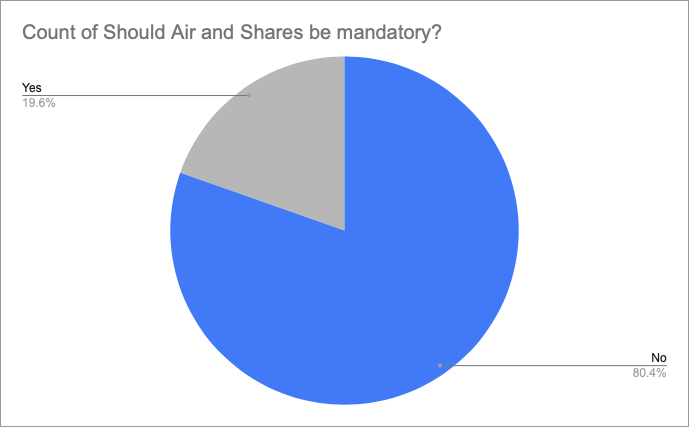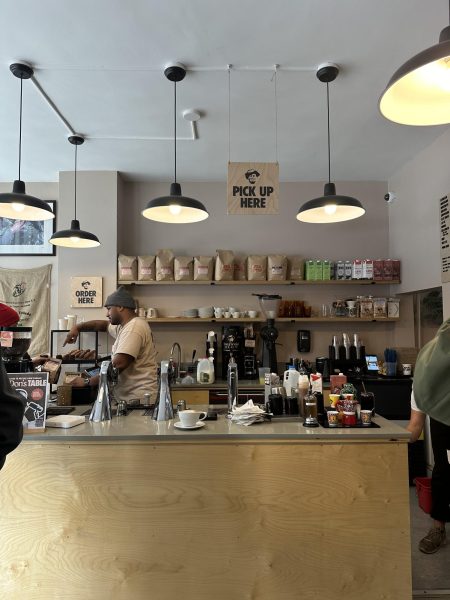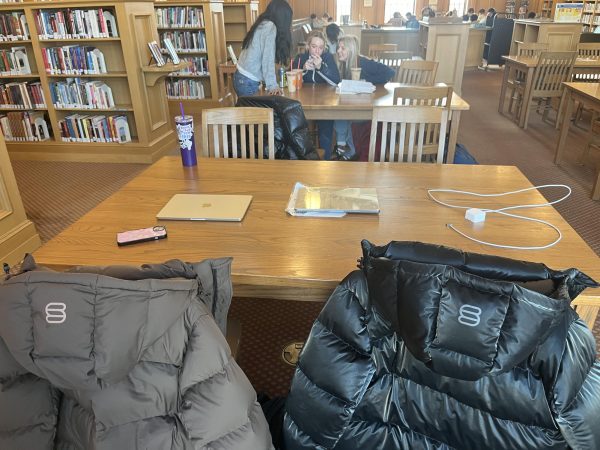The Culture of Politics at Hackley
For months we have all been bombarded with media coverage of important but polarizing issues including the 2020 election, Black Lives Matter protests, and the best way to suppress the COVID-19 pandemic. While students often have strong opinions on these issues, many are not expressed or discussed due to the uncomfortableness of disagreement. While understandable, it can be damaging for students to avoid having these discussions because it can lead to future difficulty in debating issues, hostility, and fear towards others.
Hackley should do more to actively encourage discourse both to prepare students for later, real-world civil discourse, and to ensure a cohesive community now.
Currently, civil discourse at Hackley largely takes the form of Air and Shares and Round Table conversations. These conversations are important and often overlooked as an integral feature for facilitating discourse. While these dialogues continue each year, the particular issues presented in them are often discussed once but are not brought up again. Students who miss the conversation for reasons ranging from activities to homework are consequently closed out of a discussion in which they may have wanted to participate. This pattern of one discussion per topic displays a finality to the subject at hand when multiple discussions may be necessary both for increased conversation and for students unable to attend the first time.
In order to enable essential conversation for all students on a wide range of issues, bi-monthly Air and Shares should be implemented. While there is still uncertainty whether students will be able to make either one of the dates, the greater frequency will make it more likely that a wider range of students can participate. Additionally, multiple conversations surrounding the same issues will eliminate the artificial feeling of finality that having only one conversation per topic holds.
Fortunately, The Dial recognizes that the faculty already recognize the value of these guided discussions and some students already participate in them with enthusiasm.
“The thing that impresses me about [students] is what [they] bring to [discussions]. A lot of students know a lot and talk intelligently about issues.” Bill Davies, the head of the history department, said. Mr. Davies has facilitated many roundtable discussions on difficult topics, and has seen the value of students engaging on issues where they may have strong disagreements.
The key, therefore, is to create more regularity and follow-through, thereby helping more students to get involved, even if just through observation. While not all students may be interested in discussing current events, many have well-rounded opinions that all students benefit from hearing. Discussions such as these encourage progress, push student respect for each other, and build community trust.
“Another thing that could happen is that again in an ideal world one of the things that human beings should do is change their minds,” Mr. Davies said.
While The Dial does not believe attendance should be mandatory, we remind students that student participation can both be speaking and listening. Both forms of interest are equally important to the purpose of Air and Shares to encourage students to learn from each other and change their opinions. More frequent discourse will allow a wider range of students to benefit and build community trust.
The editorial board asserts that Air and Shares should continue as optional, moderated discussions, but assert that they should occur more frequently to allow discussion of issues more than once and to allow a wide range of interested students to attend. This vision of students understanding the importance of civil discourse can be furthered through dual monthly conversations and continued discussion of prevalent, current issues.







